Do you have recommendations for radon sealing basement concrete & installing new flooring?
Hello, I am looking for guidance on two issues related to preparing an exisiting basement concrete slab for new flooring with regards to both radon mitigation and the material health - low VOCs.
The basement is from a 2012 build -- the slab is 4” concrete on top of 5” granular fill. I currently have carpet on top of this which I will be removing. I am looking to replace the carpet with an enviro and importantly *health friendly engineered hardwood (which I have sourced).
My questions pertain to best and most healthy approach with regards to:
1) Radon -- I have a radon issue and have recently installed an active depressurization mitigation system which is working well! In re-doing floors there is an opportunity to futher seal the basement concrete floor against radon (and fill any cracks) prior to laying new flooring. The current slab I do not believe has any vapour barrier, just as mentioned the specs above. My questiosn are: What is the best, health friendly sealant for radon? And importantly how does this effect or bear upon approaches to floor installtion (eg. if glued or floated)?
2) Engineered flooring installtion -- With the radon issue in mind, which is the best apprach to installing engineered hardwood -- glue-down or float? (The slab is smooth and level). I read that in terms of material health a float floor might produce less VOCs. I have also read that there are zero VOC glues. So I am guessing either method can be made relatively healthy -- but am curious as to recommended route (pros and cons for each install method) from an environemntal / material health POV?
The other concern is that any adhesive (if used) would play well so-to-speak with any sealer used for radon mitigation.
Does any one have experience with these issues, or guidence? Thanks.








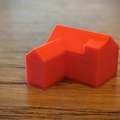


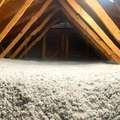


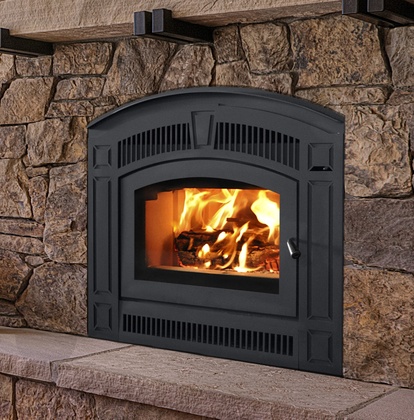

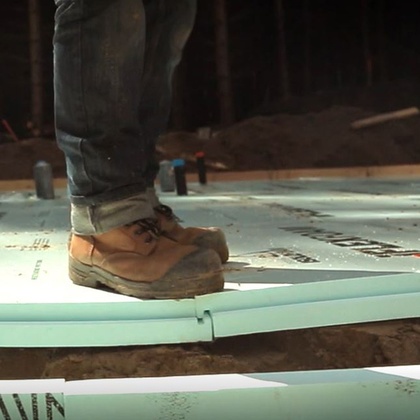
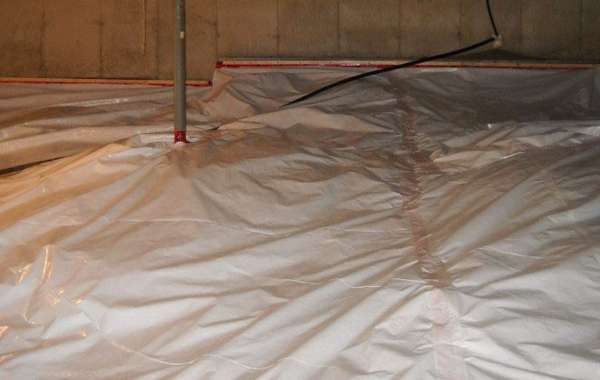
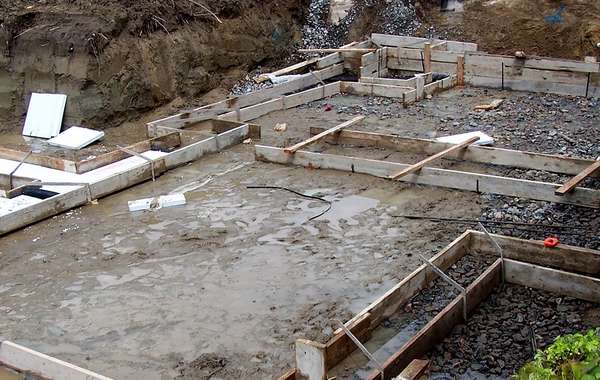

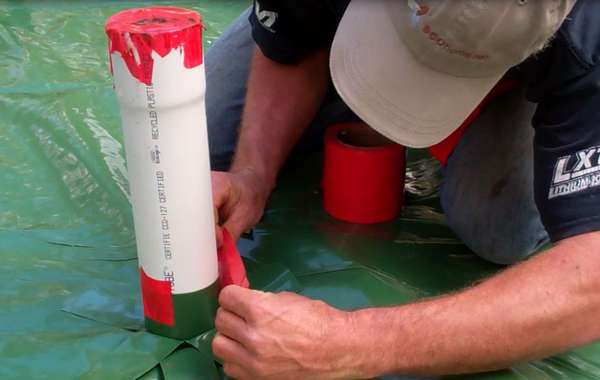
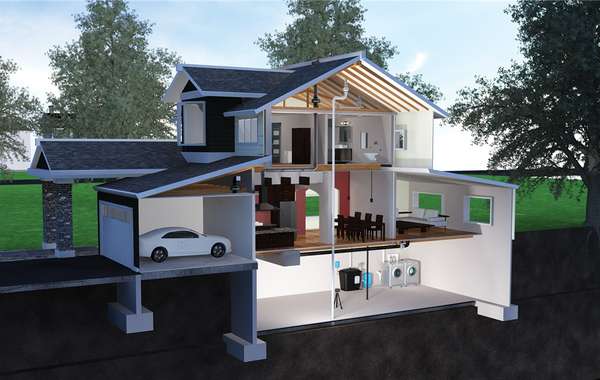
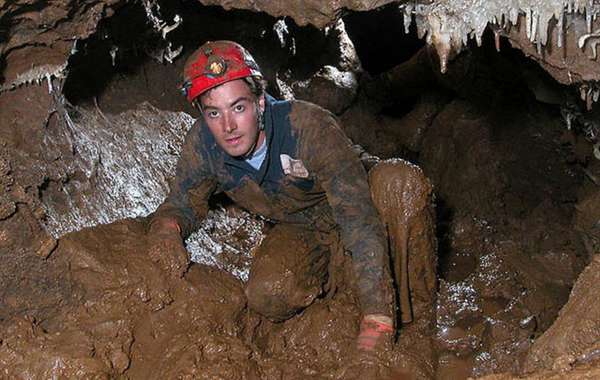
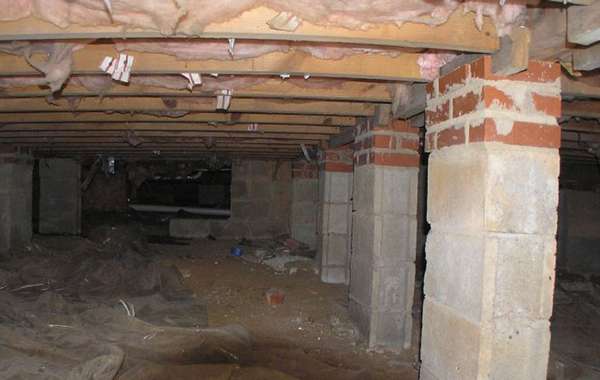
First question, where are you located? See here to find your climate zone. You didn’t mention insulation, is there any? Your use of a ‘U’ in the word ‘vapour’ suggests you may be in Canada, if so, you would be wise to include some insulation in the mix if there isn’t any. Do you have enough head room to build up a bit? Given that you have no vapour barrier I would be doing something about that, which could also help mitigate radon gas if your concrete floor has any cracks.
As for installing flooring, if you don’t have a vapour barrier your concrete would always remain wet, so you probably won't have great luck with an adhesive. Here are a few pages to check out that seem to address a lot of your issues that would be a good place to start:
Radon gas barriers for below slab floors
How much insulation does a basement floor need?
Basement renovations: How to prevent mold when finishing basements